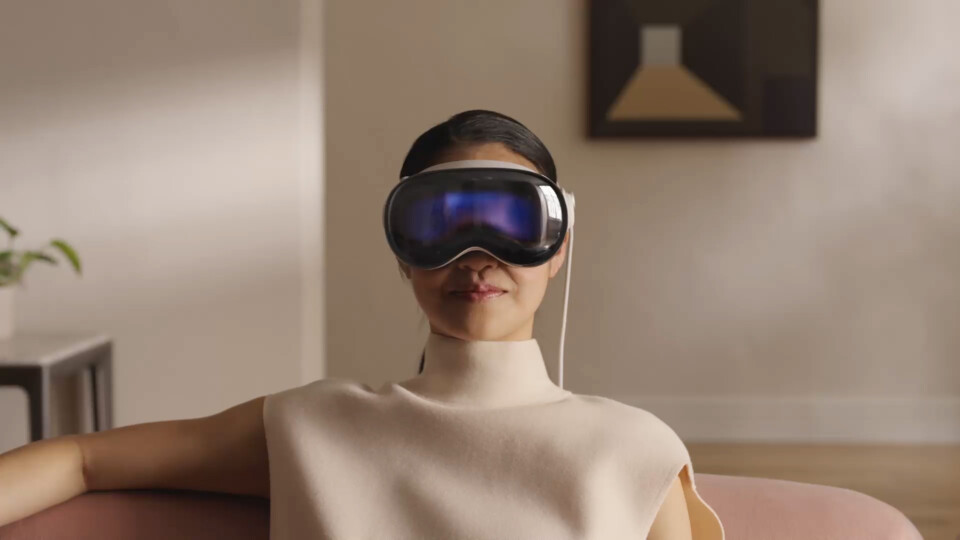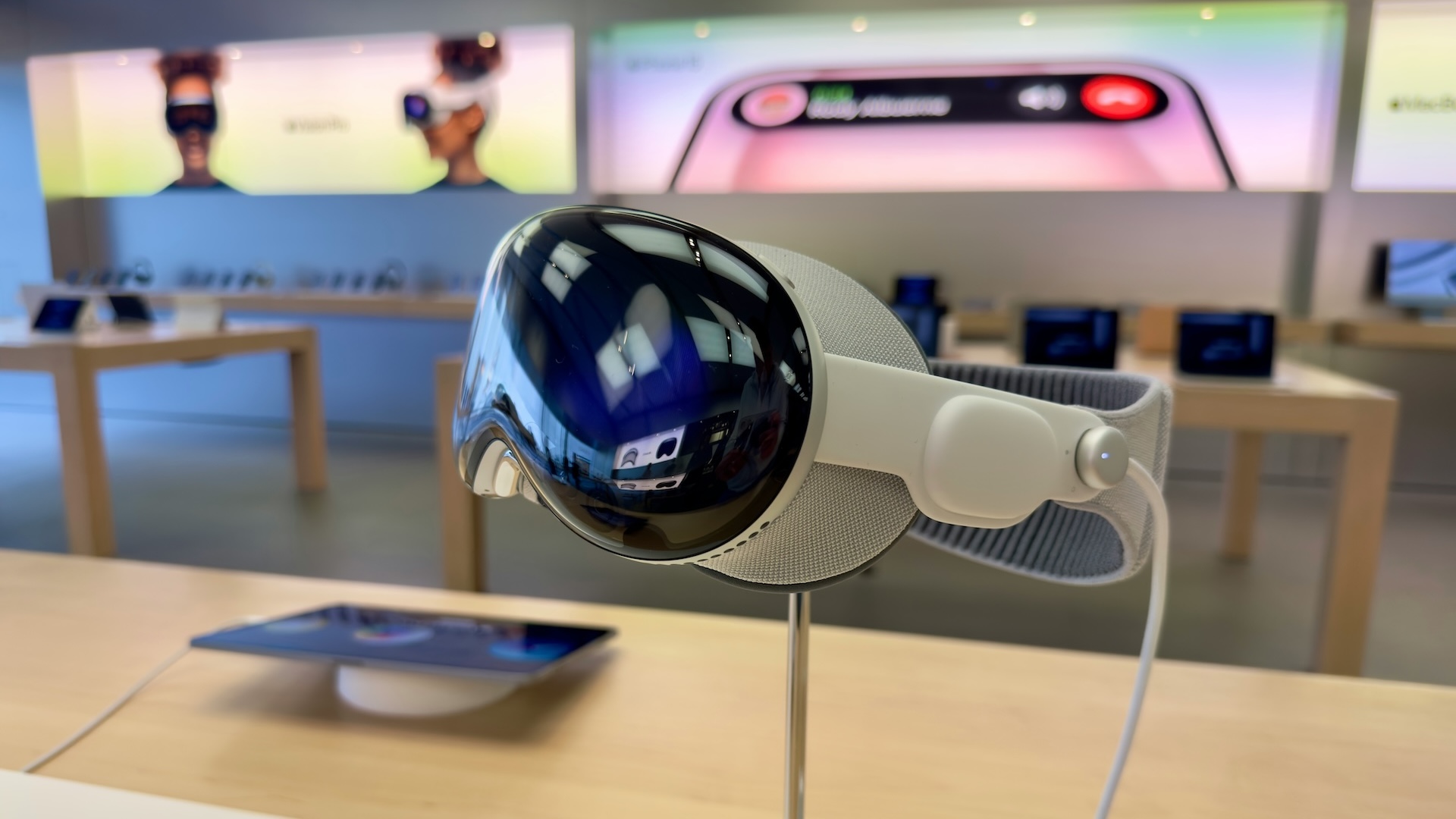Can I confess something to you? There’s one thing Aileen does that really bugs me. We will be talking together and enjoying one another’s company. But then, as we chat, I’ll hear the telltale buzz of her phone. And I can tell that I’ve lost her. I can see it in the look on her face, I can hear it in the tone of her voice. She goes from making eye contact to breaking it, from engaged to distracted, from involved in conversation to muttering toneless “uh huhs.” I know immediately that I may as well just pause and wait so she can check her phone and reply to the message.
An old author once pointed out “the Pharisee in the temple confessed a great many sins—but they were his neighbor’s sins and the publican’s sins; he made no confession of sin for himself.” Ouch.
So on that note, I am guilty as charged. I know I do the exact same thing as Aileen. Yet for some reason, my own behavior doesn’t trouble me nearly as much as her’s. I suppose I’ve convinced myself that I alone have the ability to remain fully involved in two things at once, that I alone can remain engaged in meaningful conversation with her while at the same time dashing off a message to a friend. But she’d probably be the first to say, “There’s something Tim does that really bugs me.”
I was recently listening to a sermon in which the pastor was assuring us of God’s heart of kindness toward us and his concern for us. He assured us that God loves it when we pray and that he always hears our prayers. And he dropped a little line that’s been rattling around my mind ever since. He said simply, “God’s never distracted by his phone.” On the one hand that’s perfectly obvious as I’m pretty sure God doesn’t have, need, or want a phone. But on the other hand, it’s thought-provoking. It’s comforting. It’s challenging.
The fact is, I have become accustomed to having a phone between myself and the ones I love. My family has been known to gather in a single room yet be a million miles away from one another, each of us wide-eyed in the light of our little glowing rectangle. We all know what it is to try to relate to people who are distracted by a phone. And we all know how much better it is to be undistracted. The challenge, of course, is in living that out.
I heard the other day that one of the best things a couple can do for their sex life is refuse to take phones into the bedroom. That makes perfect sense because in the bedroom the phone is the enemy of intimacy. Likewise, I am sure that one of the best things an individual can do is refuse to take a phone into the worship service, and one of the best things a pastor can do is refuse to take a phone into his study, and one of the best things a family can do is refuse to take phones to the dinner table.
Little did we know that just as our phones would come to serve us, we would come to serve our phones. Little did we know that slowly but surely it would mold us into its image.
Do you remember when Steve Jobs unveiled the first iPhone? As we gasped at that device and as we rushed to place our orders for it, little did we know how it would transform our lives, our families, our marriages, our faith, our world. Little did we know that a few ounces of silicon would have so much power and influence, that a few ounces of technology could impact the dining room, the classroom, the study, the bedroom, the sanctuary, and everything in between. Little did we know that just as our phones would come to serve us, we would come to serve our phones. Little did we know that slowly but surely it would mold us into its image.
Apple recently launched The Vision Pro as their cutting-edge entry into the field of what they are calling “spatial computing.” Though I have not yet used or even seen one, I have watched a number of reviews and what’s clear is that it dramatically increases the distance between the user and the world around. It inserts yet another device between the user and the environment—between the user and other people. If a device I can hold in my hand already has the ability to keep my attention from the people I love, how much more a screen that is mounted to my head and that sits in front of my eyes? Could there be a more obvious visual demonstration of how it is meant to impact us? Could it be any clearer how it intends to constantly insert itself between me and others? Apple literally wants me to see the world through its eyes!
Of course, we all know the Vision Pro is just a rough beta of the product Apple would unveil if it had the technological capability—a product that will be constantly before our eyes instead of occasionally there, a product that will “enhance” all of reality and not just a few hours of the day. That may seem like the realm of science fiction, but so did the iPhone until Steve Jobs announced it. The Vision Pro is a glimpse of the future Apple wants for us, a glimpse of the future Silicon Valley wants for itself—a future in which it mediates our lives even more than it does today. In that way, it’s like an iPhone, only more so. Much more so.
And so, at the dawn of a new technology—a new category of technology—I am reminded that one of the best things any of us can do is to embrace new technology thoughtfully rather than naively and with a thorough examination of its inevitable drawbacks rather than a brief skim of all its great promises. The challenge is that the benefits will be immediately apparent (they’ll be written on the box!) while the drawbacks will take time to understand. I hope, I pray, I trust that as we are introduced to something new, something that wants to be omnipresent (and probably brag about being nearly omniscient) in our lives, we will think deeply, pray earnestly, and introduce it only when we know what it is, what it does, and how it seeks to change us to be more like it.











